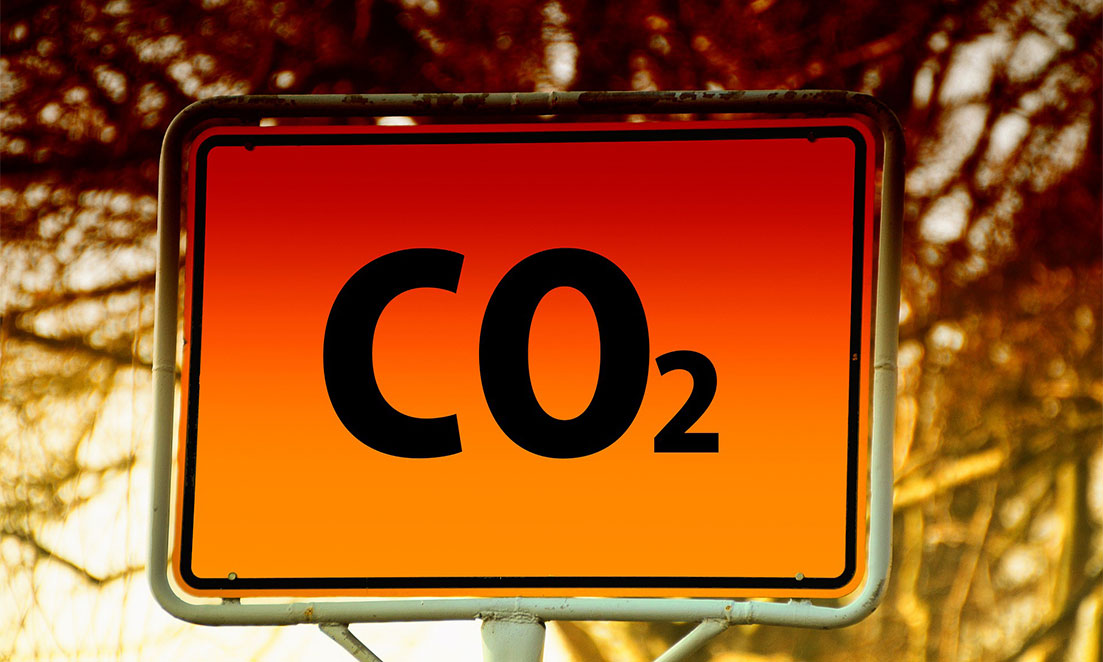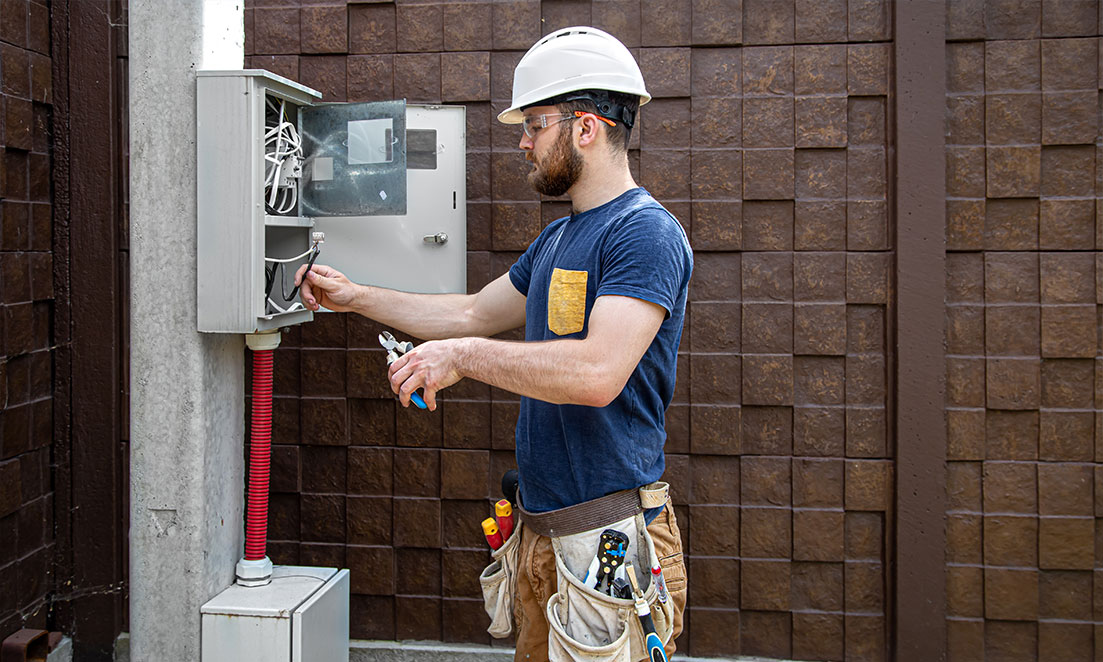The UK government has implemented several measures to respond to the global climate crisis. Among them are taxes designed to encourage businesses to become more responsible and environmentally-friendly with their day-to-day operations.
If you’ve gone months – even years – without checking the breakdown of your business utilities bill, you may be surprised to find the environmental tax called the Climate Change Levy (CCL).
What is the Climate Change Levy?
The Climate Change Levy (CCL) was introduced in April of 2001. It is an environmental tax that is charged on the electricity and gas use of a business. Designed to compel businesses to shift to more energy-efficient alternatives and to lower their overall energy consumption, the CCL’s primary goal is to combat the effects of climate change.
The CCL applies to “taxable commodities” for heating, lighting, and power such as electricity, natural gas, and solid fuel (e.g. petroleum coke, lignite, coal). It covers businesses in the commercial, agricultural, industrial, and public service sectors.
Why Should Businesses Pay the CCL?
In 2001, the UK government imposed the Climate Change Levy alongside several other taxes, reliefs, and schemes to reduce the impact of greenhouse gas emissions. The CCL differs from carbon taxes, such as the CRC (Carbon Reduction Commitment) Energy Efficiency Scheme, because it imposes a tax solely on energy consumption.
The UK had committed to reduce the country’s net emissions by 100% by 2050, which would essentially turn the UK into a net-zero emitter. To do this, the UK would have to lower existing emissions while eliminating greenhouse gases.
Although the UK’s greenhouse gas emissions have declined over the past thirty years, globally, the numbers continue to rise. Despite accounting for only less than 1% of global emissions, the UK hopes to set an example for other nations to follow.

The CCL works hand-in-hand with the Climate Change Agreement (CCA), which was implemented by the Environment Agency in 2013. Signing this agreement allows businesses to benefit from reduced business electricity prices on their CCL.
Do All Businesses Have to Pay the Tax?
Businesses that belong in the industrial, commercial, agricultural, and public services sectors are obligated to be charged for the main rates of the CCL. There are, however, some exceptions, which include:
- Charities that conduct non-commercial activities
- Small businesses with low energy consumption (less than 1,000 kWh of electricity a month)
- Domestic energy users
A business may also be exempt from paying the tax if the energy:
- Will not be used in the UK
- Is supplied by CHP schemes registered under the CHPQA programme
- Is used in transportation
- Will be used to generate electricity
- Will not be used as fuel
How is the CCL Determined on the Utility Bill?
Each year, the UK government sets the amount that businesses will have to pay for the levy. The rate will be uniform across all utility suppliers, who are then responsible for imposing the cost of the CCL on their customers.
For the financial year 2020 to 2021, the CCL rate is £0.00811 per kWh for electricity and £0.00406 per kWh for gas. Naturally, if your business consumes more energy, you will have to pay a higher CCL.
Is There a Way to Reduce the Rate of the CCL?
If your business does not fall within the exemptions listed above, you may reduce the rate of your CCL by signing the Climate Change Agreement (CCA). Businesses that enter into an agreement with the CCA formally commit to lowering their energy consumption and carbon dioxide emissions. As a reward, businesses can benefit from a discount of as much as 90% on electricity and 65% on other fuels — that’s thousands of pounds saved annually.

Part of the agreement under the CCA states that businesses will have to report their business’s energy use and CO2 emissions over four two-year periods.
The Environment Agency may impose penalties on businesses that fail to report by the deadline, provide inaccurate data, and much more.
How Can Businesses Become More Energy-Efficient?
Even without signing the CCA, businesses can reduce their energy bill by making their business more energy-efficient. A few steps that your business may implement include:
#1 Use LED Lighting
Use natural light as much as possible. During the day, turn off the lights in areas that are naturally illuminated. However, if it is not possible, replace incandescent light bulbs with energy-efficient ones such as CFL or LED. LED lighting uses 75-80% less energy and lasts longer than incandescent bulbs. The fewer kWh, the lower the CCL that you need to pay.
#2 Switch Off Equipment
Computers do not need to be turned on 24-hours a day. Encourage your staff to develop the habit of shutting down their computers before they leave at the end of the day. Turning off appliances, equipment, and electronics that aren’t in use is a simple way to reduce your business’s energy use.
#3 Schedule an Energy Audit
An energy audit will help determine the most effective steps that your business can take to save energy. Many utility companies offer free energy audits, wherein a professional electrician will conduct a full inspection of the property to check for problems with insulation, lighting, and more.
#4 Turn Down the Thermostat
By turning down the thermostat by one degree, your business can save ten per cent on your heating bills. You may also consider installing a programmable or smart thermostat to automatically lower the temperature settings during the “non-peak” hours, such as during the evening and early morning.

#5 Compare Energy Providers
If your electricity bill is unusually high, it may be time to find a new energy provider. Compare utility prices in your area to find out if you can save money by making the switch.
Conclusion
All businesses in the UK have to pay an environmental tax, whether the Climate Change Levy, CRC Energy Efficiency Scheme, and many more. There are, however, ways to reduce your business’ monthly energy bill, such as signing the Climate Change Agreement and practising basic energy-saving steps in the workplace.
For more information on the CCL and how it affects your business, contact us.
